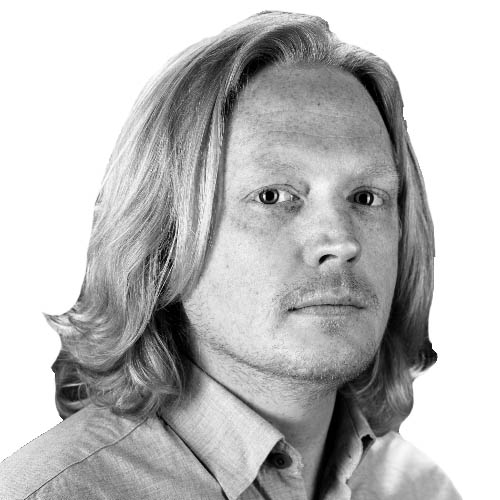WEST BEND, Wisconsin—Donald Trump asked African-Americans to vote for him in a room filled with about a thousand white people on Tuesday night.
“I’m asking for the vote of every African-American citizen, struggling in our country today, who want a different and much better future,” the GOP presidential candidate said at a rally in Washington County, one of the whitest counties in the state.
“I was confused,” said Nyshi Taylor-Williams, one of a minuscule number of black people at Trump’s rally here who came to get a sense of whether she could support the Republican nominee.
When the crowd began to disperse after Trump spoke for 40 minutes, beginning an hour and a half after his 7:30 scheduled speaking time, she was the only black person in sight.
“It was kinda crazy,” she said. “I’m like, why are you talking about this here, in our county, when you should have been in Milwaukee?”
Trump placed blame on a slew of problems in black communities nationwide—crime, poverty, a failed education system, joblessness—on Democrats. Cities like Milwaukee, Baltimore, Cleveland, and Chicago are run by Democrats, Trump said, and they have failed African Americans in those places.
“Democratic crime policies, education policies, and economic policies have produced only more crime, more broken homes, and more poverty,” Trump told the crowd to polite, if confused, applause.
Mentioning the recent unrest in Milwaukee following the police killing of Sylville Smith, Trump said Hillary Clinton was adding fuel to the protest fire by supporting protesters and not police.
“Those peddling the narrative of cops as a racist force in our society, a narrative supported with a nod by my opponent, share directly in the responsibility for the unrest in Milwaukee and many other places within our country,” Trump said to cheers.
He went on to note that it was African Americans within communities that have seen unrest who are most affected by rioting and looting.
“The main victims of these riots are law-abiding African-American citizens living in these neighborhoods,” Trump said.
But Trump probably won’t get more than 10 black people to vote for him, Taylor-Williams said, echoing the polls that show Trump in fourth place among African-American voters—behind Clinton, Gary Johnson, and Jill Stein.
Maybe if he reached out to African Americans in, well, their own communities, he might have a shot at winning them over, she said. “But he’s not going to do that.”
In addition to having never reached out to the black community until now, she said, one of Trump’s biggest problems is his campaign slogan.
“You have to think of what people think when they see the phrase ‘Make America Great Again,’” Taylor-Williams said. “[African Americans] read into the fact that…When you say make America great again, how can we be great when we had however many years of slavery? When has America ever been great for the underrepresented population?”
If Trump actually made an appearance in a black community—say, the northwest side of Milwaukee, Taylor-Williams said—some African Americans might be receptive to his message. She put the odds of that happening at slim to none before again expressing disbelief that Trump chose Washington County, one of the state’s whitest, to address issues facing the black community and asking for black votes.
“I mean, you’re in Washington County…Like, why are you doing this here?” she said.
Speaking from a teleprompter, Trump somehow looked more presidential than other attempts at crafted speeches. He stayed on script, Taylor-Williams noted, even if it was to the apparent boredom of many in the crowd who wanted to see the shoot-from-the-hip Trump. That version of candidate Trump has gotten him in trouble in recent weeks (and throughout his entire campaign, really) for, among other things, picking a fight with the family of a Muslim-American war hero; supposedly sarcastic comments about using lethal force on Hillary Clinton or Supreme Court judges; and something about the president of the United States founding a terrorist group.
Instead, the whites of Washington County were treated to a rundown of crime statistics in Milwaukee—40 minutes away—and Chicago, which Trump for the first time mentioned in a fact-based manner by citing the more than 2,600 non-fatal shootings that have occurred there so far this year. Maybe he figures he already has the votes of his loyal fans here in Washington County, Taylor-Williams opined, and that his plea for black votes would reach African Americans through the media.
“I’m still undecided,” she said after Trump’s speech. “But I know a lot of other black people who aren’t as open-minded, and I just don’t think he’s going to get many of them to vote for him.”






